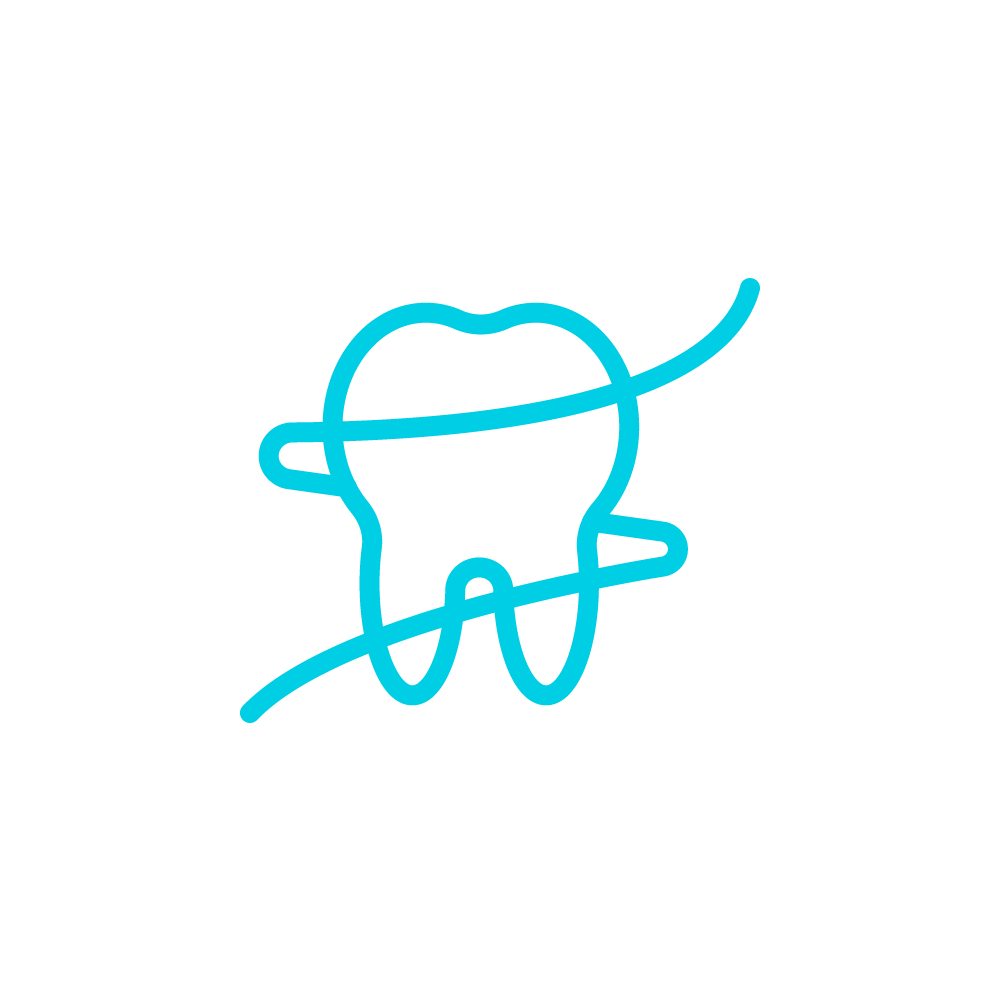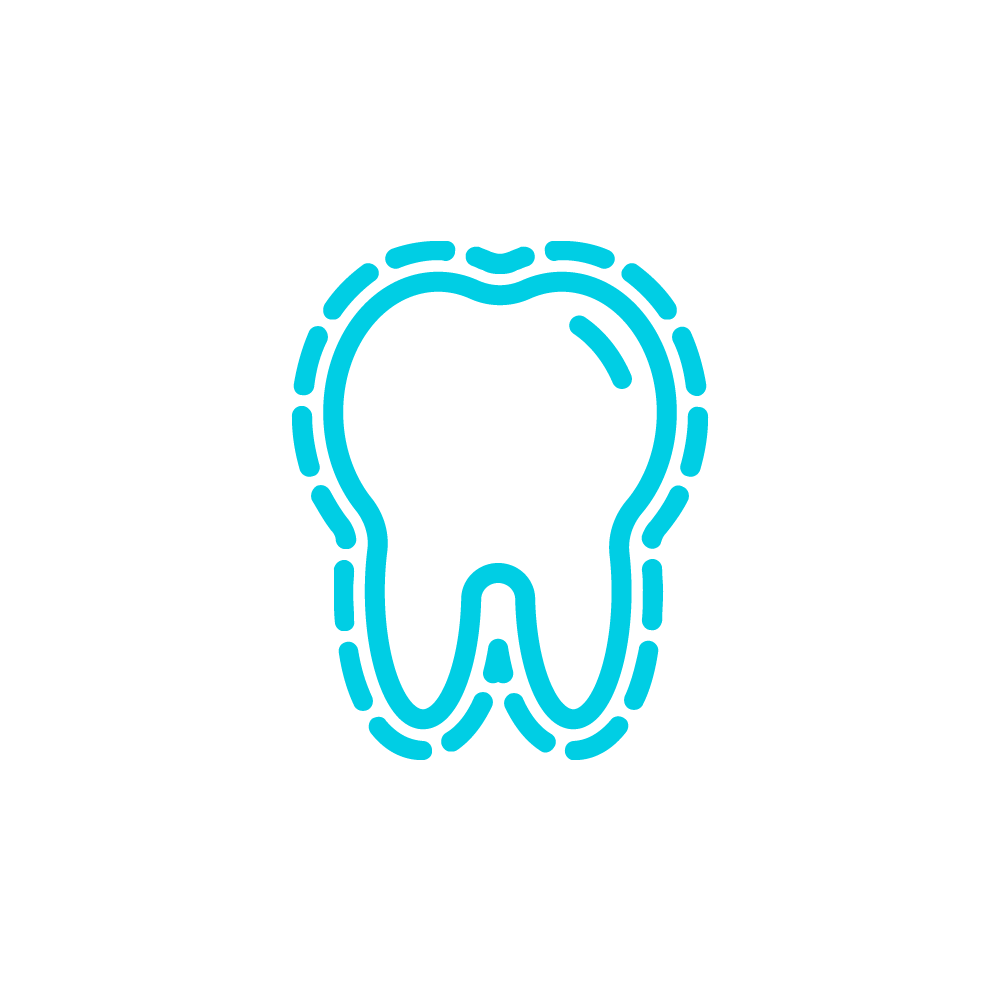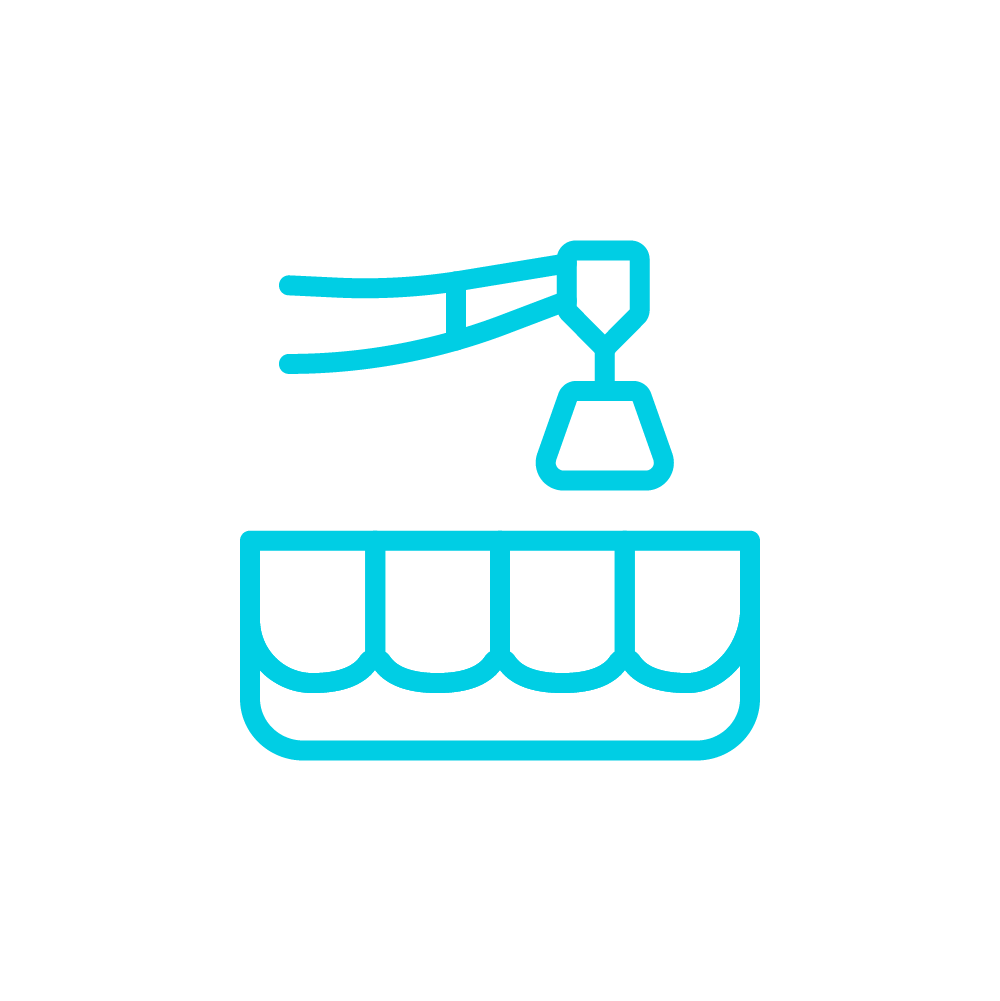General Dentistry Services


Keep your smile bright and healthy with professional teeth cleaning. Our skilled hygienists gently remove plaque and tartar buildup, leaving your teeth feeling fresh and your gums healthy.

Facing a dental emergency? We're here to help! Our expert team provides prompt and compassionate care for all dental emergencies, ensuring you receive the attention you need when you need it most. Trust us to alleviate your pain and restore your dental health with urgency and expertise.

Repair cavities and damaged teeth with our dental filling services. We use advanced materials to restore your tooth's strength and prevent further decay.

A tooth abscess can ruin the best of days. This is why root canal treatment is a standard part of our treatment repertoire so we can help get you back to your routine without lengthy wait times to see the endodontist (root canal specialist).

Trust our expert team for safe and efficient wisdom teeth extraction. We're equipped with cutting-edge technology including a CBCT scanner for precise 3D X-ray imaging. This enables us to accurately diagnose the location of wisdom teeth, ensuring a clear plan for extraction that prioritizes your safety and comfort. Say goodbye to wisdom tooth discomfort with our specialized extraction services.
Our main focus is patients' comfort. We use the latest technologies and dental chairs to provide the best dental experience for our patients.
True North Family Dental Care accept most of insurances and do not charge above BCDA fee guide.
Call us to find out more.
We welcome all new patients. Same day appointment and Walk-in Emergency is available.
Using digital X-rays, we are able to reduce amount of radiation exposed to our patients.
GENERAL DENTISTRY
Regular dental exam and cleaning prevent many dental diseases and keep your mouth healthy. Well-maintained teeth play an important role in building relationships and gaining confidence. Let us help you to keep your mouth fresh and to bring you the everyday happiness!
Prevent decays and gum disease
Prevent future costly dental treatments
Reduce teeth sensitivity
Whiten your teeth
Regain your confidence
Freshen your breath
Plaque and tartar build-ups contain many bacteria and they can lead to various dental problems such as cavities and gum disease. Even if we brush our teeth and floss everyday, it is almost impossible to do complete removal of plaque and tartar from your teeth. Using our specialized dental cleaning instruments, the teeth are thoroughly cleaned in a professional manner. This periodic cleaning help you to reduce and control the amount of bacteria in your mouth and make your home dental care mush easier.
Most of the cleaning appointments take around 1 hour. This generally include cleaning your teeth with an ultrasonic scaler and hand instruments to remove plaque and tartar in between the teeth and along the gum line. After removing plaque and tartar, we will polish your teeth to remove any staining so that you can get your whitened smile back!
The advancement in dental instruments and technologies have allowed us to provide comfortable cleaning experience to our clients. Some discomfort may be experienced if the gum is inflamed or receded from the previous gum disease. For the patients who experience sensitivity or pain during cleaning, we offer special topical numbing to create comfortable appointment.
Dental cleaning falls under basic dental procedures and almost all the dental insurances cover basic treatments. However, there may be a patient's portion or deductible associated. Our office accept most of the dental insurances. Please give us a call so we can help you to find out more about your insurance.
GENERAL DENTISTRY
Open 7 days a week and after hours. We treat a full range of dental emergencies. Same day appointment and walk-ins are available.
COMMON DENTAL EMERGENCIES
• Toothache
• Chipped/Broken teeth
• An abscess
• Dislodged crowns
• Lost fillings
• Mouth ulcers
• Pain on biting
• Bleeding gums
• Hot/cold sensitivity
Call and make an appointment with your nearest available dentist. If possible, you can take some over-the-counter painkillers.
If swelling is present, you can place an ice pack to reduce some pain and swelling.
Small chips and broken tooth are easily fixed by the dentist. If it is a small chip, fillings is sufficient. If it is a large breakage of a tooth, the tooth may need a crown (a.k.a a dental cap) and/or a root canal treatment.
Don't wait until it becomes painful. It is better to get a chipped tooth checked even if its not painful. Small chips can become larger problems later if left untreated.
Save your chipped tooth pieces and rinse you mouth with salt water. See your nearest emergency dentist right away!
You need to see a dentist as early as possible. It the lost filling is left for too long, further breakage of the tooth or tooth decay can happen from the empty filling space.
If it is sensitive you can place a softened sugar-free gum into the spot to protect the area temporarily until you see your dentist.
If the tooth is dirty, hold the knocked out tooth by the crown, rinse it under runny warm water quickly to remove soil. Place the tooth into cold milk and see a dentists right away.
The shorter the time the tooth stayed outside of the mouth, the better prognosis for the tooth when placed back in the mouth.
Make an appointment immediately to see your local dentist.
If you still have the crown please bring the dislodged crown with you to your appointment.
If the tooth is extremely sensitive you can try putting your crown on to the tooth using toothpaste as temporary glue to protect the tooth.
Avoid anything too sticky as the temporary crown might fall off.
In case of inhaling or swallowed the crown, it is also important to contact emergency medical physicians so appropriate x-rays can be taken.
GENERAL DENTISTRY
Dental fillings are a common dental procedure aimed at repairing teeth affected by decay or damage. They help restore the tooth’s structure, function, and integrity while preventing further decay and discomfort. Fillings are typically made from various materials such as amalgam, composite resin, gold, or porcelain, each offering unique advantages and considerations.
Dental fillings are necessary to repair teeth damaged by decay, cavities, or trauma. They help restore the tooth’s shape, function, and strength, preventing further decay and discomfort.
Dental fillings are typically performed under local anesthesia to ensure a pain-free experience. You may feel some pressure or discomfort during the procedure, but it should not be painful. After the anesthesia wears off, you may experience some sensitivity, but it usually subsides within a few days.
The lifespan of a dental filling depends on various factors, including the type of filling material used, the size and location of the filling, oral hygiene practices, and individual habits such as teeth grinding or clenching. On average, dental fillings can last anywhere from 5 to 15 years or more with proper care.
The advancement in dental instruments and technologies have allowed us to provide comfortable cleaning experience to our clients. Some discomfort may be experienced if the gum is inflamed or receded from the previous gum disease. For the patients who experience sensitivity or pain during cleaning, we offer special topical numbing to create comfortable appointment.
To maintain the longevity of your dental fillings, practice good oral hygiene habits such as brushing twice a day, flossing daily, and visiting your dentist regularly for check-ups and cleanings. Avoid habits that can damage your fillings, such as biting on hard objects or using your teeth as tools.
GENERAL DENTISTRY
Root canal treatments are a popular option as most people prefer to save their tooth instead of getting an extraction together with an artificial tooth replacement because the natural tooth generally functions better than an artificial one.
Fortunately, with the advancement in dental technology, root canal treatments are not what they used to be. The procedure is often done in one to two visits and is done without much pain.
Prior to starting the treatment, a local anesthetic will be administered. Your dentist will then remove the inflamed or infected pulp and root canals of the tooth. Each root canal is then cleaned and shaped. Once the roots are clean, your dentist will pack it with natural resin and place a permanent filling.
With most root canal cases, a crown is recommended after treatment. This is because the structure of the tooth is not as strong as it used to be and is susceptible to trauma such as cracks.
A tooth that has been treated with a root canal and a crown has a high success rate. If you take good care of the root canal treated tooth, it may last for many years, and possibly for the rest of your life.
GENERAL DENTISTRY
Wisdom teeth, also known as third molars, are the last set of molars at the back of the mouth, typically appearing between ages 17 and 25. While they were once useful for our ancestors’ tougher diet, many people today lack sufficient space in their jaws for them to grow in properly. This often leads to issues like impaction, misalignment, and crowding. As a result, dental professionals often recommend proactive removal to prevent pain, swelling, infection, and potential damage to neighboring teeth.
When wisdom teeth do not have enough space to fully emerge and become trapped beneath the gum line or jawbone, they are considered impacted. Impacted wisdom teeth can lead to pain, swelling, infection, and can potentially damage nearby teeth. In such cases, dentists or oral surgeons may suggest removing the impacted wisdom teeth.

The extraction of wisdom teeth, also known as third molars, is typically recommended when they cause problems or potential complications. The timing for wisdom teeth extraction can vary from person to person, but there are some common scenarios when it is often considered:
Dentists typically recommend removing wisdom teeth during the teenage years when the roots are not fully developed. This reduces the risk of complications, such as nerve injury. Younger individuals also tend to tolerate the procedure better because bone quality and healing ability decline with age. Therefore, early removal is often preferred by dentists.
Before removing your wisdom teeth, your dentist will discuss the procedure and recovery with you during a consultation. The experience of removing wisdom teeth can vary from person to person. The procedure itself is typically not painful because it is performed under anesthesia.
During the recovery period after the extraction, some discomfort is expected as the anesthesia wears off. You may experience swelling, soreness, and mild pain in the area. Your dentist will provide post-operative instructions to manage the pain and promote healing. Over-the-counter pain relievers are commonly used to alleviate the discomfort.
In some cases, complications may occur, leading to more discomfort or pain. For instance, if the wisdom tooth is impacted (not fully erupted), the extraction may require more extensive surgery and, consequently, a longer recovery period.
It's essential to follow your dentist instructions and take any prescribed pain medications as directed to ensure a smooth recovery process. While some people may experience minimal discomfort, others may have more soreness, but the goal of the dentist is to ensure that the extraction process is as painless and comfortable as possible.
Feel free to ask any questions or express any concerns you have about your wisdom teeth during your visit. We are here to help and provide you with the information you need to make informed decisions about your oral health.
Appointment
Ready to take the first step towards a healthier smile? Book your appointment with us easily online or give us a call, and we’ll find a time that fits seamlessly into your schedule.
Copyright © 2024 True North Family Dental Care All Right Reserved | Website By Playheads